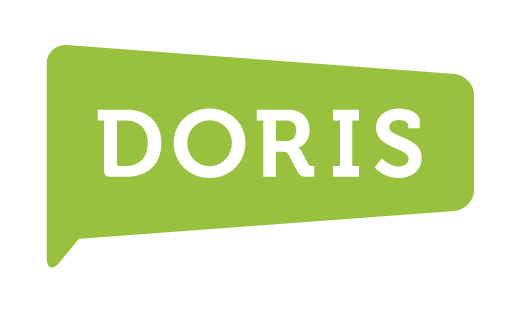Creativity can be a slippery word. Often we hear people say, “I’m not creative” or “I know a gal that is so creative.” We label people creative or not, acting like it’s some innate quality we are born with, like blue eyes or brown hair. And that’s simply not true.
Creativity is the ability to create something. Take a piece of paper out and draw a line on it. There, you’ve been creative today.
However, creativity is also tied to innovation. I like to think about innovation as creativity applied to making something new. So after drawing that line, you’ve been creative today, but have you been innovative?
Want more of Sam's wisdom?
Don’t miss a single word. Click the link below to subscribe to the IBJ for more articles like this!
For people to innovate, they have to first be comfortable believing they can be and are creative. It’s a frame of mind.
The more that frame of mind is praised and given the right environment to stretch and grow, the more potential will exist for an innovative idea to blossom out of a mountain of creative crazy.
Leaders can create environments that enable their colleagues to behave more and more creatively. These environments are closely tied to workplace culture, but they can also be enhanced by the physical space people come to each day.
Below is a list of five workspace mistakes we see organizations make that might inhibit creativity.
Uniformity. Just because it’s easy doesn’t mean it’s right. We’re not saying you should allow every person to pick out his or her own desk and let the workplace descend into chaos. But what we are saying is, maybe do a little research and think about how different groups within the organization function. Does accounting work the same way marketing does? Can we think about the way groups or project teams work and tailor spaces to fit their needs?
Areas that are too large and open without vertical separations. Open offices are great for collaboration, but thought needs to be put into how open they are and where people can retreat to when they need to focus. If I’m stressed every day because there isn’t room for me to have a quiet, thoughtful moment, you can forget creative ideas bubbling up to the top.
No attention to areas where serendipitous encounters can occur. Here, we’re talking about spaces like copy areas and breakrooms. Creative thinking is spurred by human interaction. We need to talk our ideas or problems out with other people to gather multiple perspectives. It’s hard to be creative in a broom closet. These areas should be like your kitchen at home—a central location where we laugh together, figure out the next family vacation, etc. We need these spaces at work, too. Where is the “kitchen” in your workplace? Make it a place people want to gather and engage one another.
Separating leaders from individual contributors. Why does the CEO have an enormous door to her office that is intimidating to walk through? Why is she on a completely different floor of the building? Nothing says keep your creative ideas to yourself more than leadership that is far away and closed off behind a giant, scary door.
Beige. A workplace outfitted in a zillion shades of beige can make people feel beige on the inside. Your workplace doesn’t need to look like a Crayola box exploded, but it does need to have interesting visual elements. People need a break from thinking, from their day-to-day tasks; simply looking at a piece of art or a colorful wall can help move their brain one degree toward creativity.
Published by the Indianapolis Business Journal

